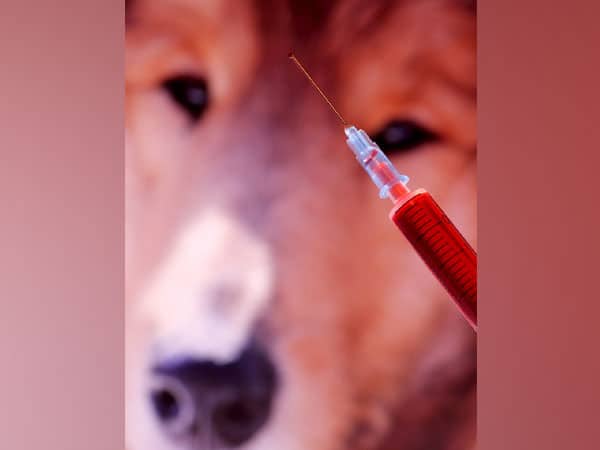Washington: A new research has highlighted the importance of raising awareness about the rising risks of rabies and advised to seek medical treatment on time. People wait an average of 10 days before seeking medical advice following exposure to potentially rabid animals overseas, according to the study.
The study was discussed in the meeting ECCMID 2019 and was presented this year at the European Congress of Clinical Microbiology & Infectious Diseases (ECCMID) in Amsterdam, the Netherlands in April, which states that the average delay in seeking treatment following bat exposures in the UK was almost three days.
“The findings highlight the importance of raising public awareness around the risks of rabies, both for travellers visiting rabies-infected countries and from bat exposures in the UK”, says one of the researchers at the Head of Rabies and Immunoglobulin Service for Health”>Public Health England.
Symptoms generally take 2 to 3 months to appear, but can develop in as little as a week (following severe bites to the head) or up to several years after exposure. “Preventive treatments are 100% effective if given promptly after exposure”, said the researcher.
“That’s why seeking prompt care is so important, even if the wound or incident seems very trivial. If you are bitten, scratched, or licked by an animal you must wash the wound or site of exposure with plenty of soap and water and seek medical advice without delay. Travellers should not delay waiting for treatment,” the researcher added.
Rabies is a zoonotic infection (a disease that spreads from animals to humans) that can cause a rare but life-threatening infection of the brain and nervous system in humans. It usually results from a bite, scratch or lick from an infected animal. The virus is estimated to kill around 59,000 people every year worldwide, most often as a result of a bite from a rabid dog in parts of Africa and Asia.
Rabies does not circulate in wild or domestic animals; although some species of bats can carry rabies-like viruses (European Bat Lyssavirus type 1 and type 2). Every year around 150 people in England is treated after being bitten by a bat.
People who believe they may have been exposed to rabies are advised to immediately seek medical treatment which involves a series of rabies vaccinations with or without immunoglobulin, an antibody treatment that gives immediate short-term protection while the vaccines start to work.
In this study, medical staff from one of the issuing centres in Manchester, North West England conducted a review of all requests for rabies post-exposure treatment at their lab between June 2015 and June 2018.
In total, 200 patients (aged 0-77 years old) received post-exposure treatment through the virology laboratory. Over a third (69/200 patients) were aged 20-29 years old. The vast majority of patients (92%; 183/200) had not received any rabies vaccination in the past.
Results showed that over three-quarters (79% (157/200) of post-exposure treatment was given to travellers returning to the UK from 43 different countries.
In separate research, Health”>Public Health England doctors found a 7.5-fold increase in the number of risk assessments performed for rabies post-exposure in England since 2001–increasing from 390 in 2001 to 2949 in 2018–the majority as a result of dog bites in South and South East Asia, whilst around 1 in 10 were for bat bites in England.
In the UK, although prompt treatment is recommended, given the prolonged incubation time it is never considered too late to receive post-exposure treatment for exposure.
[source_without_link]ANI[/source_without_link]

